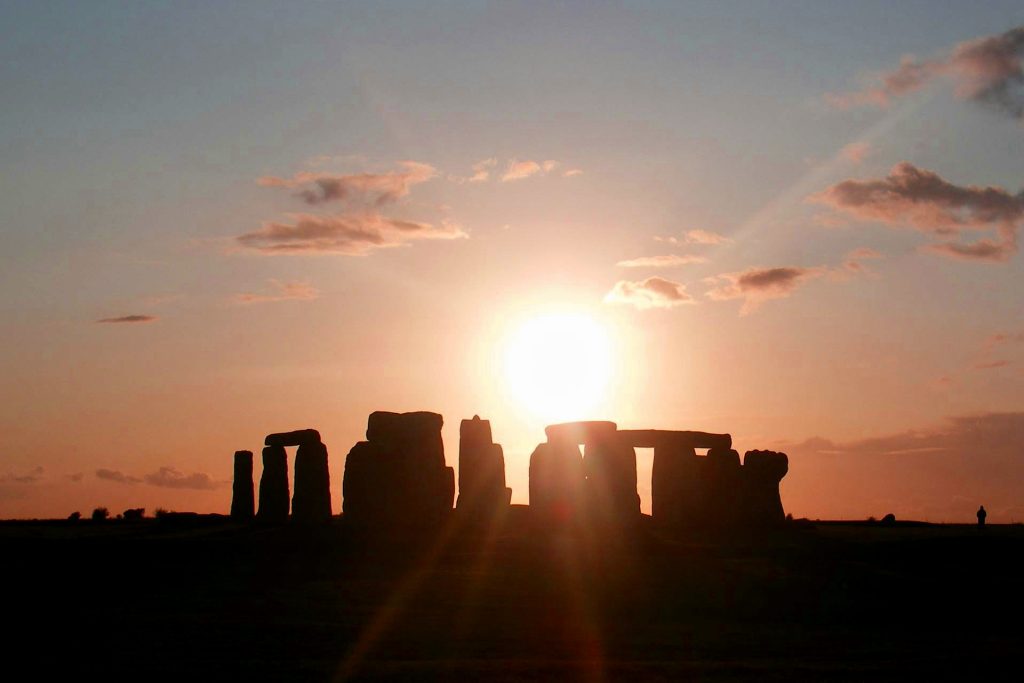The summer solstice is arguably my favourite day of the year. I may not be banging a drum and frolicking around Stonehenge with a bunch of hippies, but I take it as a day to appreciate tradition, history and the height of summer – something I also urge others to consider.
One thing I find rather surprising is how seemingly insignificant the summer solstice is to so many of us, despite being a tradition which stretches back as far as the Neolithic period and that once held so much importance to past cultures.
Often around this time of year my family and I will make the journey down to Cornwall and without fail we pass Stonehenge, slowing down like everyone else to catch a glimpse of that bizarre formation. This fascination with the past and something so intrinsically connected to solstice tradition in the UK gives me hope of the summer solstice becoming a more prominent date in our calendars.
How can we become more appreciative of a celebration so cast aside in recent years? And how does it concern me?
A notable example that became clear to me since joining Haggie Partners is my terribly dreary commute. When I first started, I would board the train in the dark and return the same way. It very quickly became rather bleak and uninspiring. However, the gradual inching towards longer days and brighter mornings provided a remarkable change in mood, motivation and overall happiness. A struggle which I am sure is all too familiar for many commuters into London.
This most definitely isn’t a call to arms to start burning sage or take up ancient Druid customs, but there’s something undeniably grounding about taking a moment to appreciate the stillness in the air, the warmth on your skin, or the light still lingering at 9pm. Maybe it means walking home instead of being crammed onto a sweltering bus, sitting in a patch of sunlight for five minutes longer than you usually would or making the most of seasonal summer fruits growing in the hedgerows (blackberry season is fast approaching!). Such small moments of thought and appreciation maintain the summer solstice as a day still to be celebrated and recognised, as well as a shared commonality with those who lived thousands of years ago watching the same sun inch its way to the highest point in the sky.


